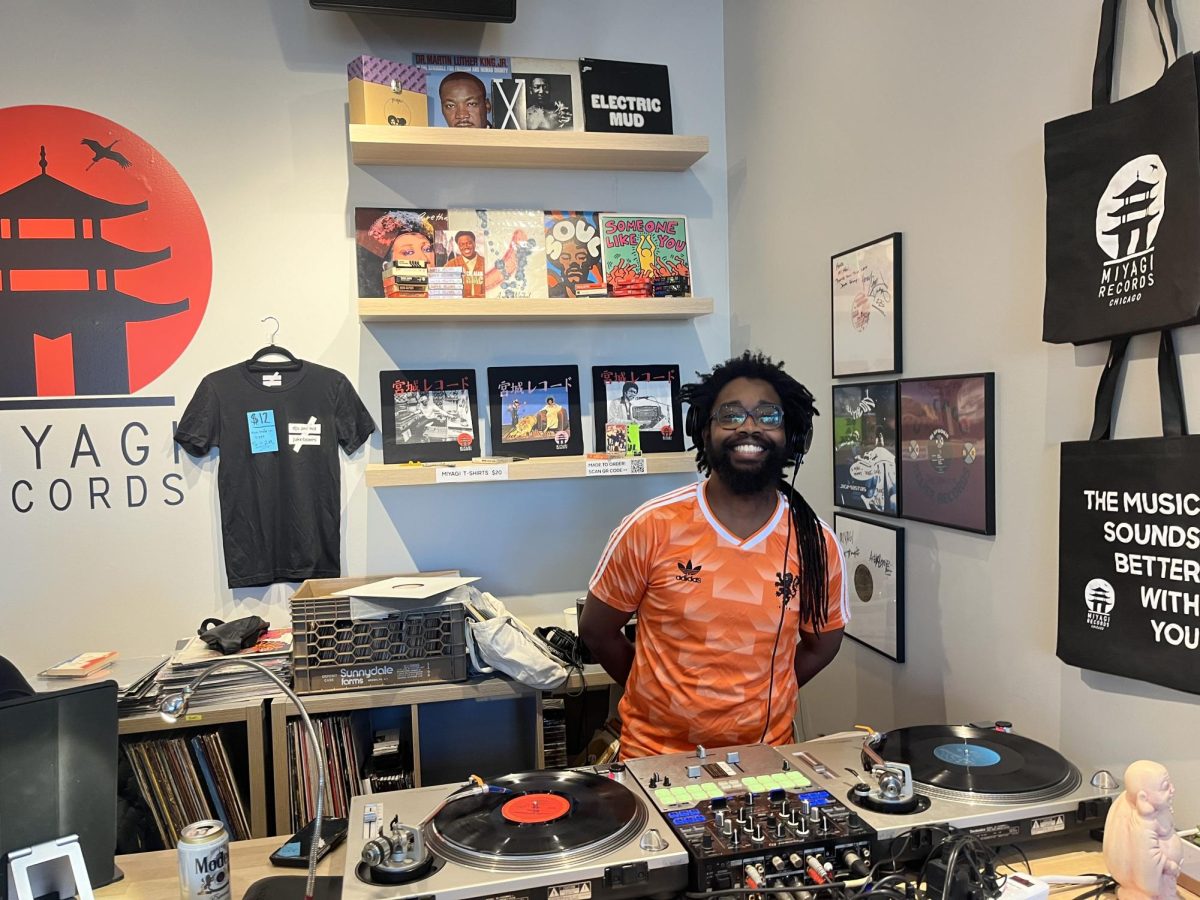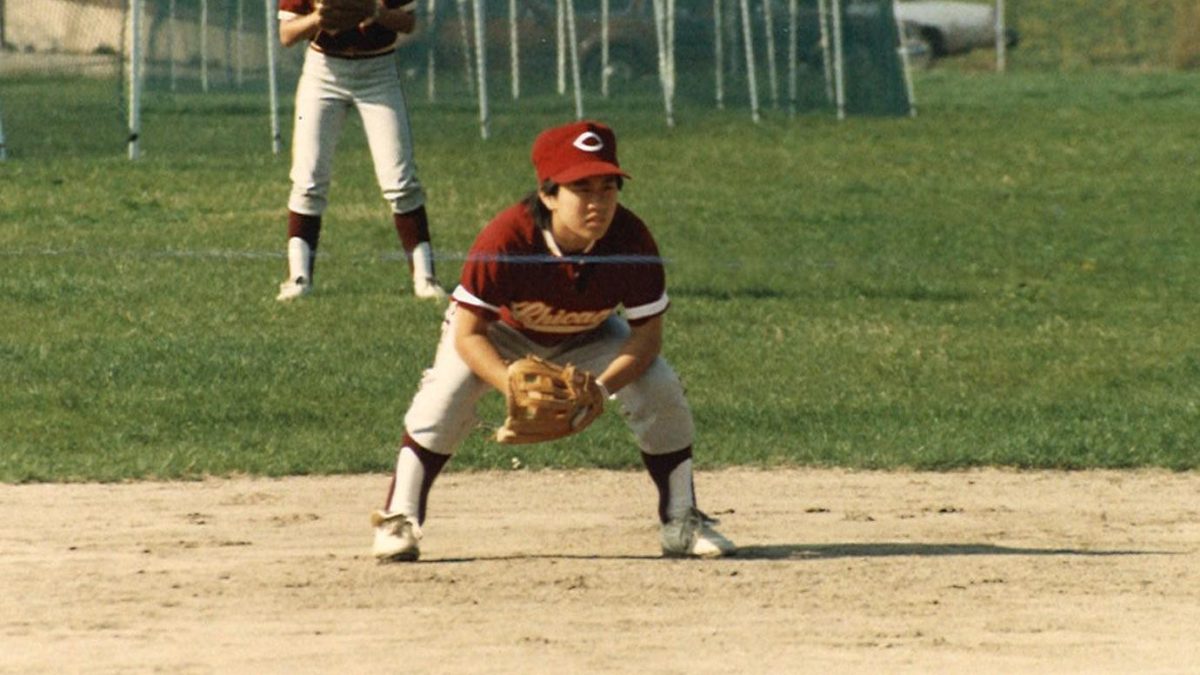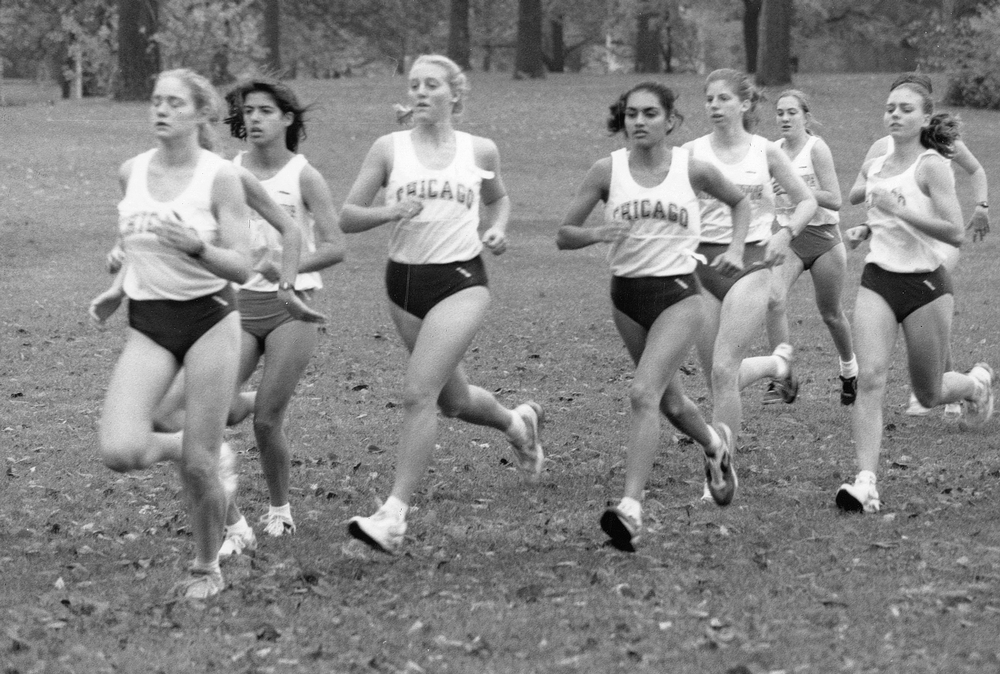For the past five seasons, Real Madrid has set the standards in team assembly and style of play. All across Europe, football clubs have cast envious looks at Madrid’s seemingly effortless ability to acquire the stars of the modern game and to get them to play football so attractively that even Brazilians might think of singing, “It’s like watching Madrid.” It is therefore no surprise that several teams have tried to emulate this appetizing cocktail of world-class talent and devastating attacking football with a sprinkling of defensive suicide.
In seizing the UEFA Champions League from Madrid’s grasp last year, AC Milan decided that world-class talent was a good idea but that a little less of the all-out attack was a reasonable price to pay for big savings in the defensive calamities department—a view shared by their northern Italian rivals, Juventus.
Manchester United, on the other hand, has offered its own remix: beautiful attacking football and cartoon capers across the back-line (led by the finest comedian of them all, Fabien Barthez), with a little a less individual ability. The latter feature was exemplified by the players Manchester United purchased with money acquired from selling David Beckham to Madrid: Eric Djemba-Djemba, David Bellion, and Kleberson. Potential? Possibly. Class? It’s difficult to imagine a solid but unspectacular Nantes midfielder and a Sunderland reserve striker pushing in a place for a world-11, but let us shelve that for a few years at least.
These imperfect substitutes for Real Madrid’s winning formula have delivered their own significant, albeit slightly muted, successes, mostly in the form of domestic titles. Critics may claim the fact that Madrid has more European Cups than these three teams put together over the last six years means that they should be striving harder to get the same balance as Real. There is one team which has managed to get exactly the right balance, with the only differences being a uniform, a shift down in quality, and a drop in competitive stakes. Ladies and gentlemen, I present to you Manchester City—the poor man’s Real Madrid.
What? How dare I compare a team which was scratching around the basement of the English Second Division only three seasons ago with Europe’s finest?
Believe it or not, there are many analogies to be drawn. Let us start with the easy one: shambolic defending. The blue half of Manchester certainly knows how to keep its fans biting their nails until the last minute. They have no reputable defenders, and they complement this lack of skill on paper with regular forays into the realms of schoolboy defending: ball-watching, getting caught on the break, and leaving gaps which you could drive a bus through are all techniques which they have acquired presumably from a keen analysis of Real Madrid. Too often, after working so hard to build a lead based on stunning football, the Citizens decide to concede a goal even a Sunday-league manager might wince at: long-ball towards City backline, center-backs fail to deal with it, opposition striker bundles ball home after rounding a stranded David Seaman.
Focusing on Manchester City’s defense does, however, constitute a misrepresentation of a team that is genuinely good to watch. Manager Kevin Keegan is a firm supporter of the old adage that the best defense is a good offense, and he has his team, just like Newcastle United in the mid-’90s, playing accordingly. They get forward in numbers, they play the ball around well and they score some slick goals. The team is full of players who are comfortable on the ball and can finish (witness their 14-goal haul over eight games so far this season). The attacking quality is not simply the result of organization either—the players, such as Steve McManaman, Trevor Sinclair, Robbie Fowler and Nicolas Anelka, are themselves of high quality. Not quite Real Madrid, but certainly a squad and standard of play which merits their current position of sixth in the Premier League.
The similarities with Madrid don’t end there. This summer’s transfer dealings were ironically similar. Both teams had just come out of solid seasons which had been undone by their weak defenses. In response, both teams decided to bolster their offenses, with Madrid seeking to reinforce this apparent lunacy by parting company with their skipper and finest defender, Fernando Hierro, and their holding midfielder, Claude Makelele.
Manchester City has a long way to go before it can claim to be in the same league as Real, but as long as Keegan is there, City will be great to watch. In the modern game, Real and City’s prioritization of offense over defense is always more successful than the reverse, and trophies will be firmly within reach. They may be the poor man’s Madrid, but that still puts them ahead of teams like Liverpool or Inter.









